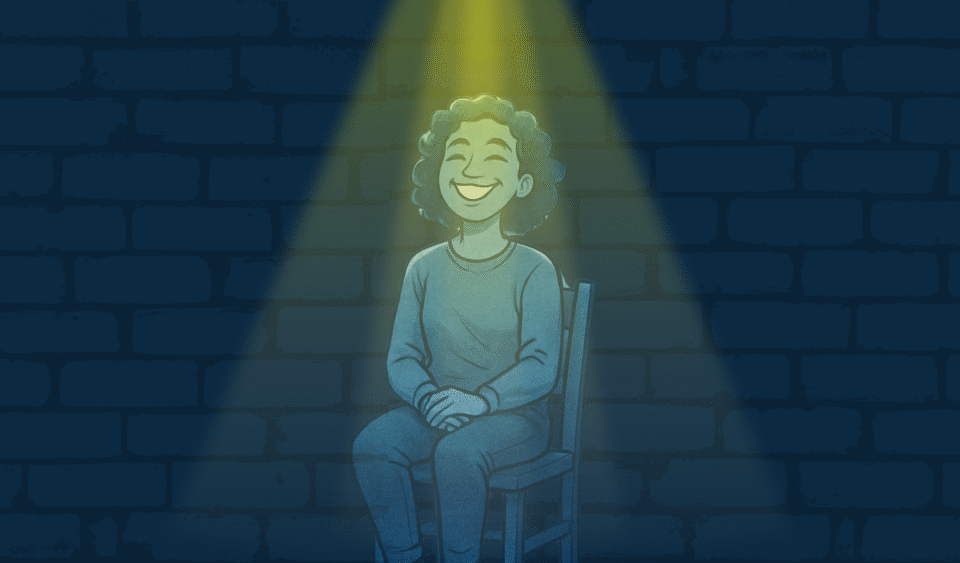Depression is so much more than feeling down—it’s a profound shift in how your brain perceives and interacts with the world. Imagine your mind as an operating system running a program that alters everything: how you think, feel, move, and connect with others. It’s heavy, it’s isolating, and it’s deeply personal. But here’s the hopeful truth: understanding its architecture can empower us to rebuild, heal, and transform.
The Many Faces of Depression
Depression doesn’t look the same for everyone. The medical community has identified distinct patterns, as outlined in the Diagnostic and Statistical Manual of Mental Disorders (DSM-5). These aren’t just clinical labels—they’re windows into the diverse ways depression can shape a person’s life. For some, major depressive disorder brings intense, overwhelming episodes that disrupt daily functioning. For others, persistent depressive disorder (dysthymia) creates a long-term, low-grade heaviness that lingers like a shadow.
In younger individuals, disruptive mood dysregulation disorder can fundamentally alter how emotions are processed and expressed. Conditions like premenstrual dysphoric disorder show how deeply our biology can influence our mental health, while depression linked to medical conditions reminds us that the mind and body are inextricably connected. These variations remind us that depression is not a one-size-fits-all experience—it’s as unique as the person living through it.
The Weight of Depression: More Than Just Sadness
Depression isn’t just sadness—it’s a relentless, all-encompassing heaviness that colors every aspect of life. It’s not about having a bad day or week; it’s about your brain running on a different operating system, one that distorts your thoughts, drains your energy, and makes even the simplest tasks feel like climbing a mountain.
When depression takes hold, getting out of bed, maintaining relationships, or meeting work deadlines can feel impossible. It’s not a lack of willpower or strength—it’s your brain working against you, operating under a set of altered rules. This is why compassion, both for yourself and from others, is so vital.
You’re not failing; you’re fighting a battle that many can’t see.
The Science Behind the Struggle
Your brain is a marvel of complexity, constantly processing information to create your experience of reality. Depression emerges from a delicate interplay of factors: genetics, biology, environment, and psychology all play a role. It’s not just “in your head”—it’s in the very wiring of your brain.
Think of your neural networks as an intricate electrical grid. In depression, key areas of this grid start to misfire. The prefrontal cortex—the part of your brain responsible for decision-making and focus—shows altered and decreased activity. The limbic system—your emotional processing center—begins interpreting the world through a darker, more distorted lens. Neurotransmitters like serotonin, norepinephrine, and dopamine fall out of balance, creating a cascade of effects that touch every part of your life.
A Path Forward: The Power of Mental Health Coaching
Healing from depression is possible, and mental health coaching can be a powerful ally on that journey. Unlike traditional therapy, which often focuses on the past, coaching is about moving forward with intention and action. It’s not just about managing symptoms—it’s about rewiring your approach to life, one step at a time.
Through coaching, you’ll gain a deeper understanding of your unique patterns of depression. More importantly, you’ll develop practical tools to navigate and transform them. This isn’t about quick fixes or surface-level changes—it’s about creating lasting, meaningful shifts in how you think, feel, and live.
Building Your Healing Strategy
The journey through depression requires both insight and action. Coaching can help you:
- Recognize and interrupt negative thought patterns before they spiral out of control.
- Develop strategies for energy management and motivation, even on the hardest days.
- Build sustainable habits that nurture mental resilience and well-being.
- Create systems to maintain progress, even when life feels overwhelming.
This isn’t just about surviving depression—it’s about using it as a catalyst for growth, strength, and self-discovery.
The Reality of Recovery: A New Way of Being
Recovery from depression isn’t about returning to some idealized version of “normal.” It’s about building a new, more resilient way of being—one that honors your struggles and celebrates your progress.
Healing isn’t linear; it’s messy, non-linear, and deeply personal. But with the right support, it’s possible.
Through coaching, you’ll learn to work with your brain’s natural capacity for change, creating new neural pathways that support growth and well-being. Success might look like improved emotional regulation, stronger stress management, deeper connections with others, or a renewed sense of purpose.
It’s not just about feeling better—it’s about becoming more adaptable, more compassionate, and more capable of navigating life’s challenges.
Your Next Step: A Journey of Transformation
Understanding depression is crucial, but knowledge alone isn’t enough. Real change comes from combining insight with action. Mental health coaching offers the structure, support, and tools you need to embark on this journey.
You’re not just managing depression—you’re using it as a catalyst for profound personal growth. This journey isn’t easy, but it’s worth it. Your brain has an incredible capacity for change, and with the right guidance, you can direct that change toward creating a stronger, more resilient version of yourself.
The question isn’t whether you can heal—it’s how you’ll take the first step toward a brighter, more empowered future. You don’t have to do it alone, and you don’t have to do it all at once.
One small step, one moment of self-compassion, one day at a time—that’s how transformation begins.






